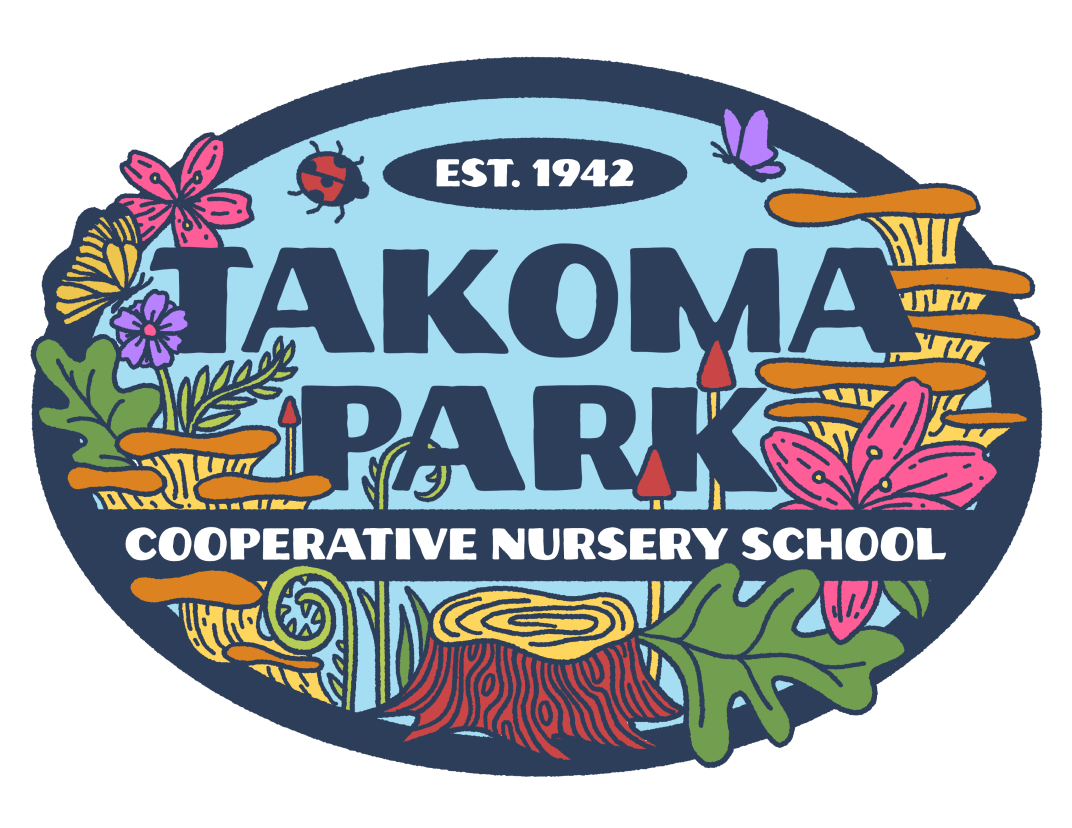Sharing Play Histories Begins the Conversation for a New Day of Play
We had a pet rabbit at the school many years ago. And as is the case with a classroom pet, she taught us a lot and not just about how to take care of a living thing. The rabbit often roamed around the classroom. She was litter-trained and friendly. She had a special taste for baby doll fingertips, but we all reconciled that with our appreciation of her general easy going nature. Baby dolls don't need fingers after all. When the children and co-opers came in to see her for the first time, one of the mothers caught a glimpse of the rabbit and froze. Her fear was full-body terror. She was on the verge of tears, but she was able to whisper a goodbye to her son. He answered her by scooting into the room and finding his friends to play with.
She told us later that she is very afraid of animals and has been since she was a child. She also told us that she would not pass her fears on to her son. She told us that she chose our school to involve her son in activities and experiences that she would not, could not choose herself.
In recent years, we have made it a practice during our parent meetings to share our "play histories" with each other. Our personal play histories inform how we view play and risk benefit along with the materials and kind of environment we prefer. Before we begin shaping the space where children will play, we must establish whether or not we are speaking the same language. It is true that humans are playful creatures, but so much of our understanding of play and play preferences depend on where and how we grew up. Layered upon that in the context of a school setting are our experiences and recollections of those structured learning environments even through primary and secondary grades.
The reason we have found this so useful is that there is plenty of room for misunderstanding each other if we don't go back to these histories. In regards to play -- mud or no mud? Loud or quiet? Alone or together? Small world or big, big chase? We know that there are going to be some co-op days in which adults will be more comfortable co-oping because of how they themselves know how to play. In regards to school -- what does learning to read and write look like? Was there struggle? Or did everything simply flow?
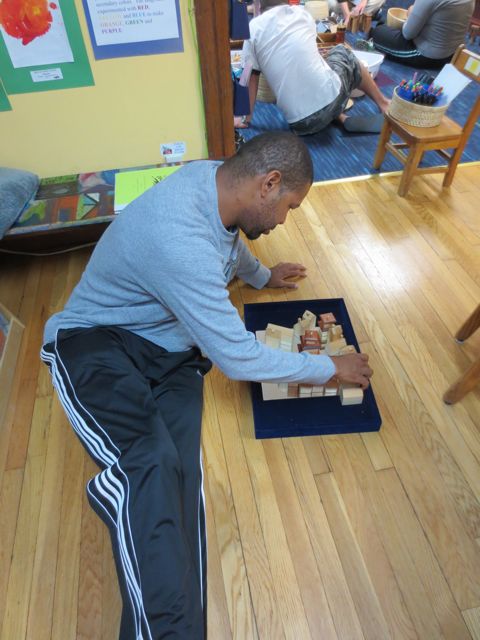
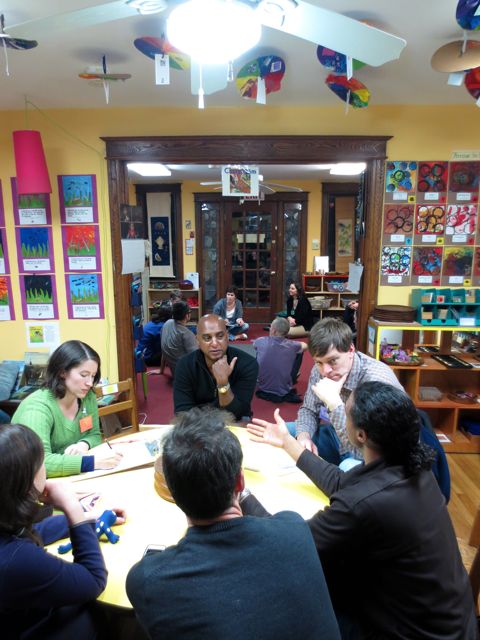
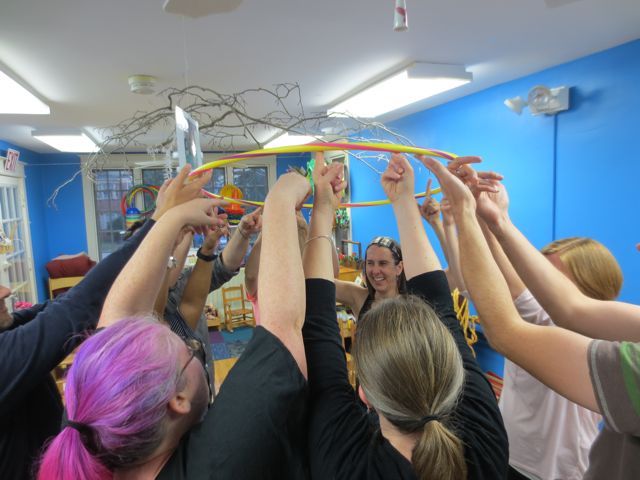
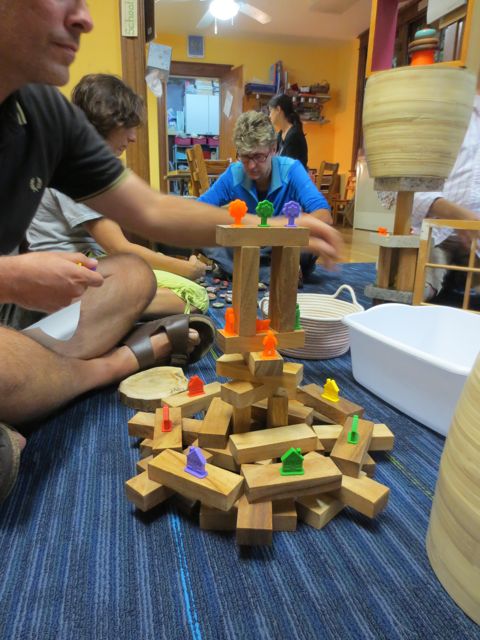
So often our own memories influence how we view and build our children's experiences. Using the example of the mother who was afraid of the rabbit, she knew that this fear belonged to her childhood. It was not part of her children's though it was compelling enough to be. Parents who struggled in school settings, with behaviors or learning styles that were frowned upon, may overcompensate or misinterpret their children's actions as some kind of repeating pattern. These parents need additional support and more information to help them put the active learning some children require into a more positive and welcoming context.
What we hope to do by formally checking in with each other is to blend best practices -- introducing the kind of early childhood play that builds those key social emotional bits and pieces -- with how parents and teachers approach the same.
